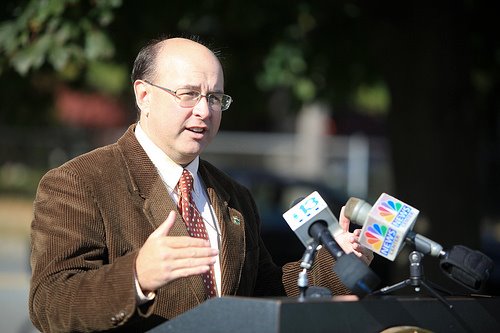It was just a few days ago that the Maine Secretary of State decided to declare over 55,000 signatures of the Horseracing Jobs Fairness petition led by Shawn Scott, a Las Vegas casino businessman, and his sister, as invalid. The group had gathered 91,294 signatures in total, but Matt Dunlap ruled that the majority of these signatures were not taken correctly. The group is now appealing the decision to try and see the petition validated, a petition that was taken to show support of a third casino to be created within the state.
The petition was in favor of casino construction in York County, Maine and Scott would be the manager of the venue. According to state laws, the petition campaign only needed 61,123 signatures from residents for it to be considered value for the ballot this November. However, the office of Dunlap found that only 35,518 of the signatures were deemed valid.
On Friday, the Horseracing Jobs Fairness group filed a lawsuit in the Kennebec County Superior Court. The group is arguing that arbitrary and inconsistent standards were applied by the office of the Secretary of State when the signatures were reviewed. The group also claims that there were no explicit guidelines for the verification of the authenticity of the signatures proven to have been used by Dunlap’s office.
The Olympic Consulting group was used to gather signatures, a group owned by Stavros Mendros, a former lawmaker of Maine. Mendros stated that he had been among the signers and notaries of the petition for the casino to be considered for York County.
In the lawsuit, the pro-casino group is alleging that the Secretary of State’s office did not verify every single notary’s signature but reviewed a representative sample of every signature that was submitted. When an irregularity was found in the sample, the office decided to rule that all signatures were invalid that were signed by the specific notary instead of the single signature being reviewed. The group claims this type of review is against the regulations of the state.
Also on Friday, Dunlap stated that his office had completed due diligence when reviewing the petitions and they were confident that their decision would be upheld in court proceedings. Dunlap reiterated the main reasons why the signatures were rejected. Some of the signatures belonged to individuals who were not registered voters of Maine. Other signatures were rejected due to the signature of the notary or circulator, who was under oath, did not match the person who was listed on forms that had been filed within the state.



